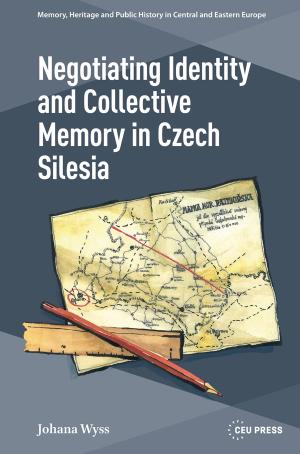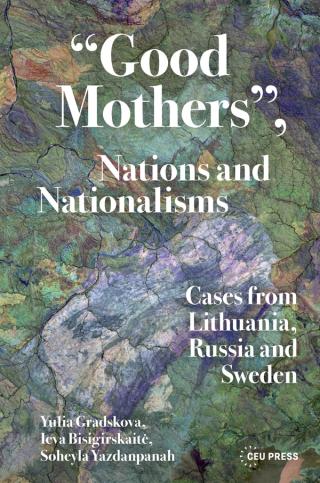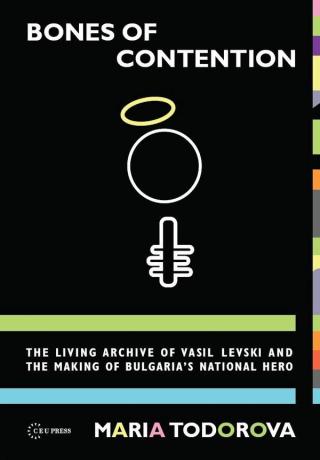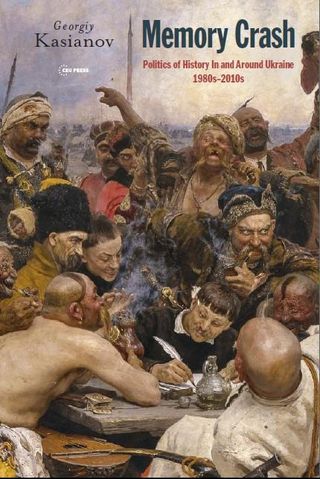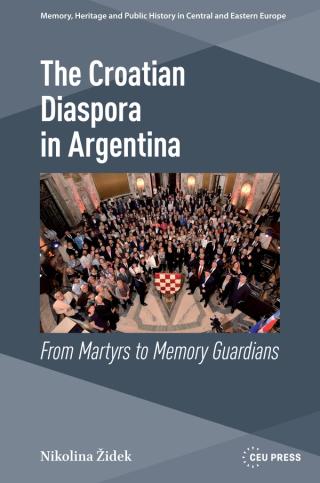This study offers an ethnographic exploration of how memory, identity, and history are contested in the city of Opava and the surrounding Hlu.ín area – former sites of Austrian and Prussian rule shaped by post-imperial legacies, displacement, and shifting national narratives. Drawing on extensive fieldwork, the book investigates how local communities navigate dominant Czech nationalism and vernacular Silesian identities through memorials, oral histories, cultural expression, and tourism. Chapters explore themes such as Wehrmacht legacies, linguistic politics, and the branding of Silesian cuisine, revealing how cultural memory is selectively preserved, silenced, or commodified. Through rich case studies, the book highlights the tensions between official discourses and grassroots memory practices, showing how identity in this Central European borderland is continually reconstructed. Blending theoretical depth with lived experience, this study offers new insight into the role of collective memory in shaping belonging in post-imperial, post-socialist Europe.

